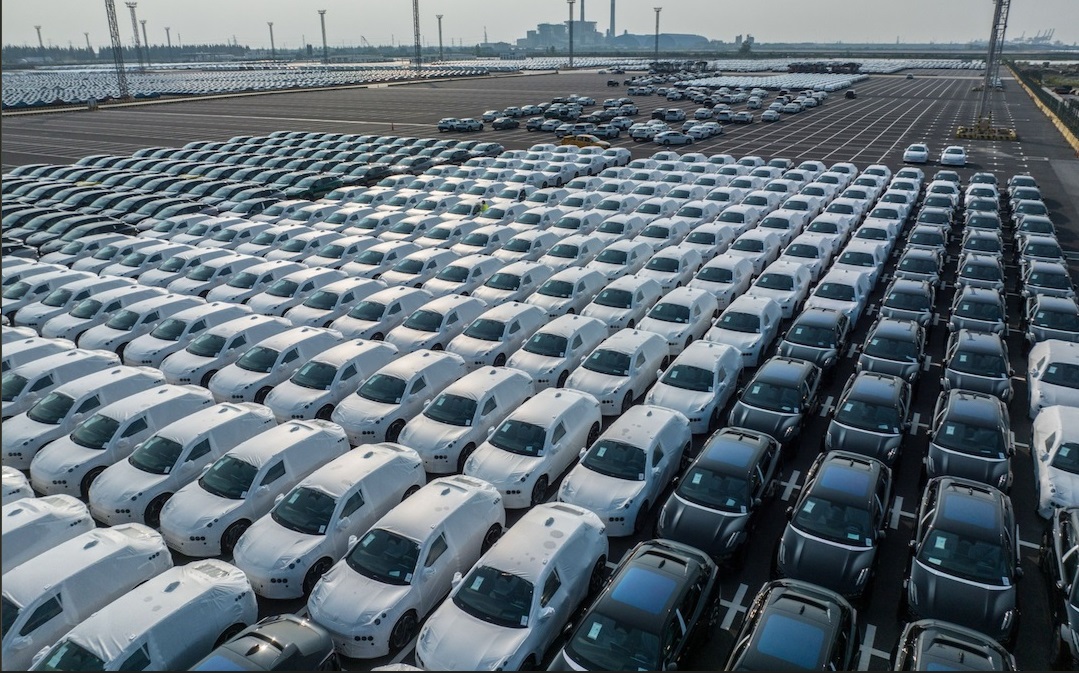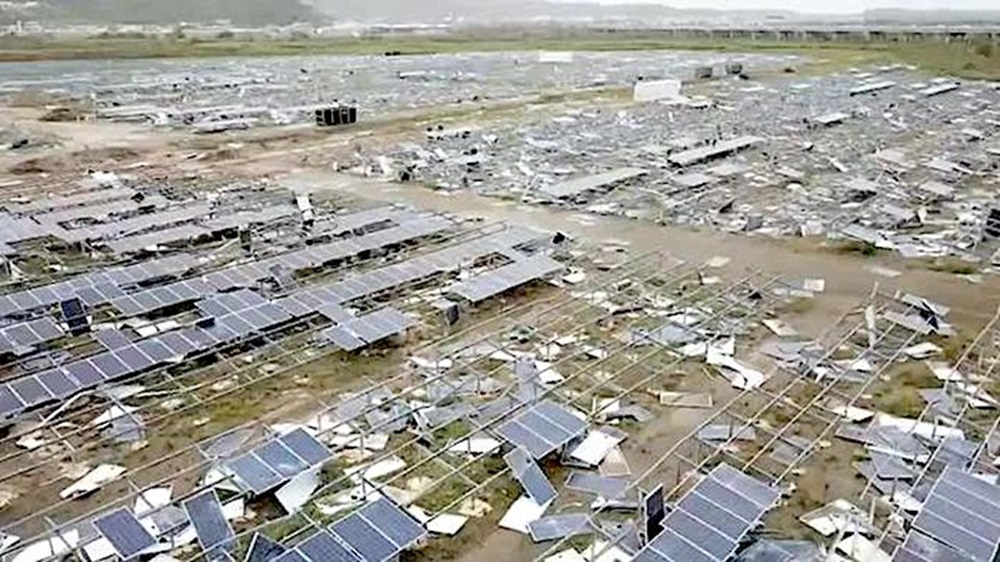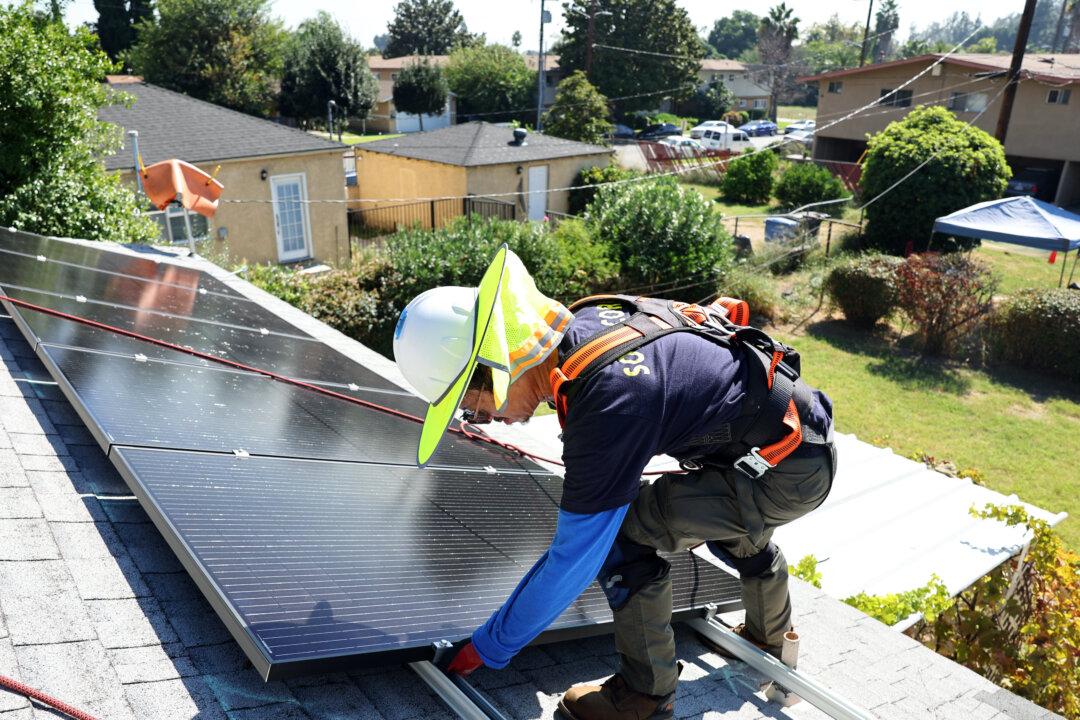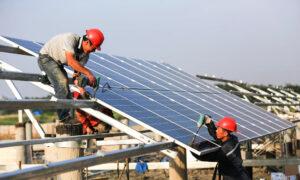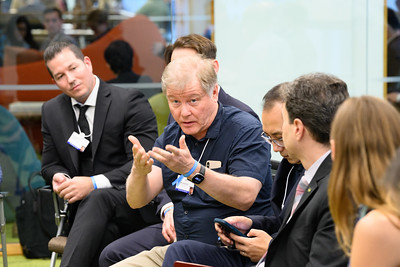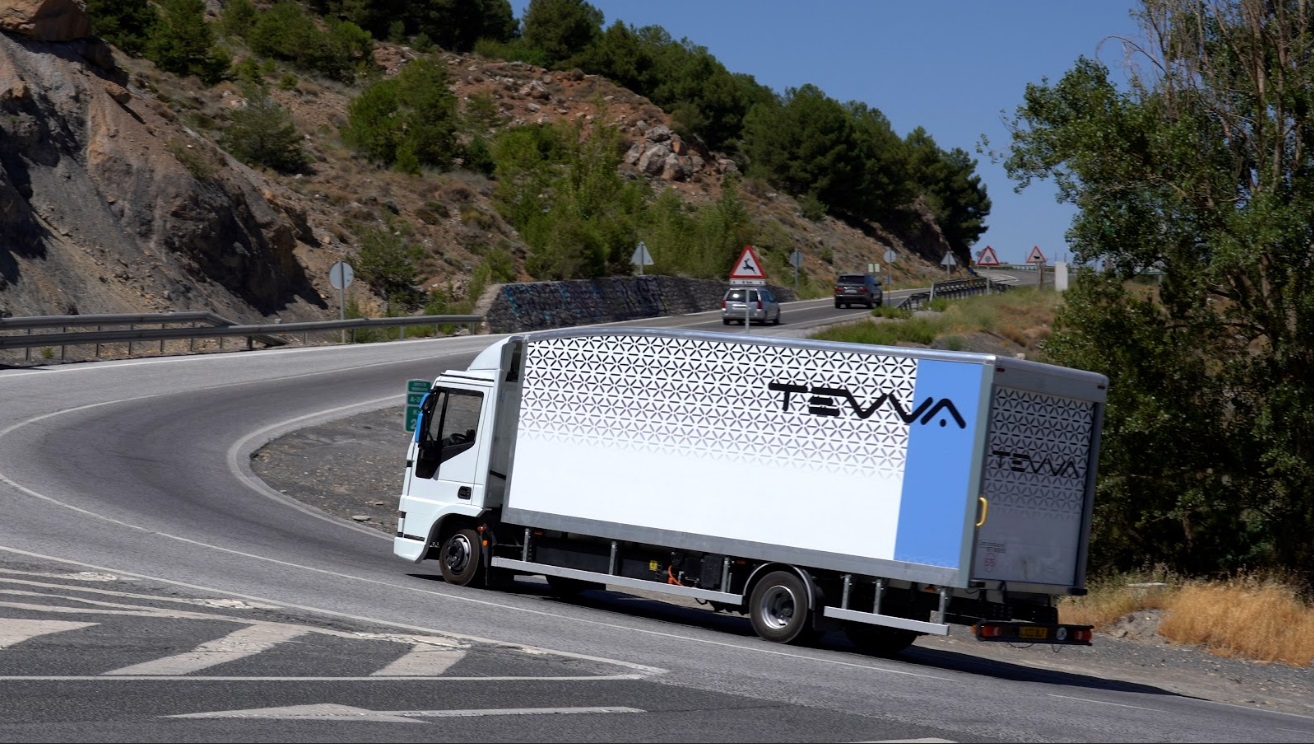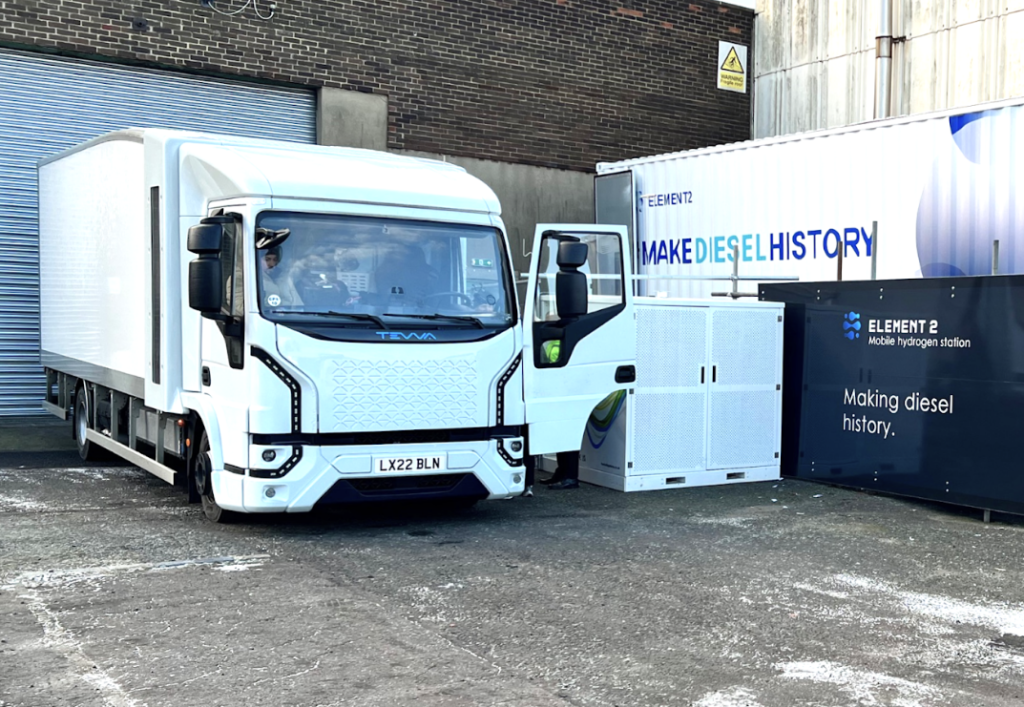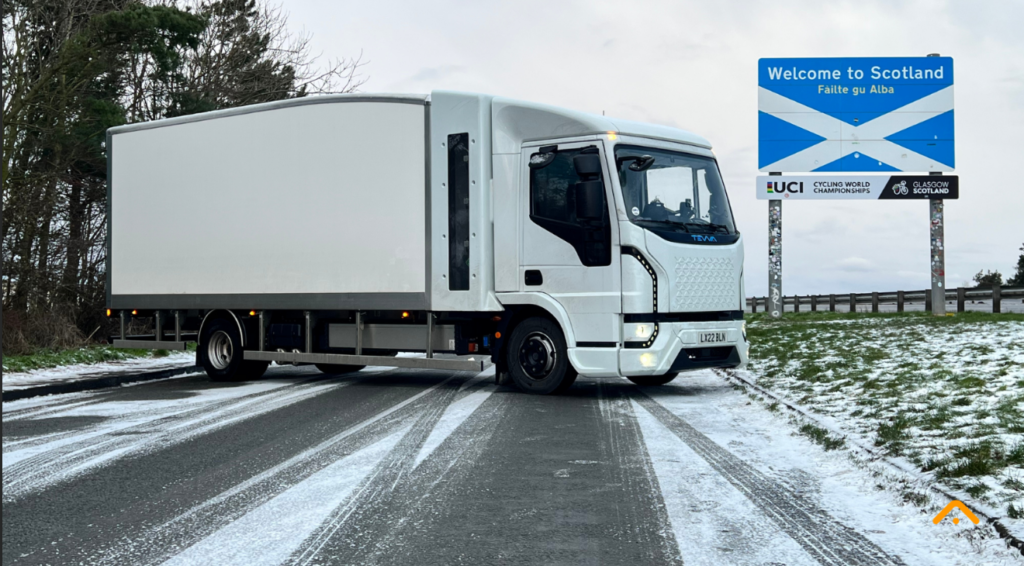Via friends at C.D. Howe Institute. A version of this memo first appeared in the Financial Post.
To: Canadian trade watchers
From: Ari Van Assche
Date: August, 2024
Re: Canada’s Electric Vehicle De-Risking Trilemma
With the recent wrap-up of Ottawa’s month-long public consultation on levying tariffs on electrical vehicles (EVs) made in China, let’s paraphrase a story Nobel Prize-winner Paul Krugman once used to explain the often under-appreciated benefits of free trade:
Consider a Canadian entrepreneur who starts a new business that uses secret technology to transform Canadian lumber and canola into affordable EVs. She is lauded as a champion of industry for her innovative spirit and commitment to Net Zero. But a suspicious reporter discovers that what she is really doing is exporting Canadian-made lumber and canola and using the proceeds to purchase Chinese-made EVs. Sentiment turns sharply against her. On social media, she is widely denounced as a fraud who is destroying Canadian jobs and threatening national security. Parliament passes a unanimous resolution condemning her.

Going the other direction: China is Canada’s third largest destination for agricultural products.
This story underscores a critical dilemma that should have been central in the public consultations.
Those opposing tariffs argue that trade is a potent yet undervalued tool in our fight against climate change: It provides Canada access to low-emissions technologies at increasingly affordable prices, which is essential for transitioning society away from carbon-intensive energy sources. In contrast, those in favour are concerned about supply security, fearing excessive reliance on our biggest geopolitical rival for low-emissions technologies. They warn against swapping the West’s age-old energy insecurity in oil for insecurity in the supply of critical minerals and EV batteries.
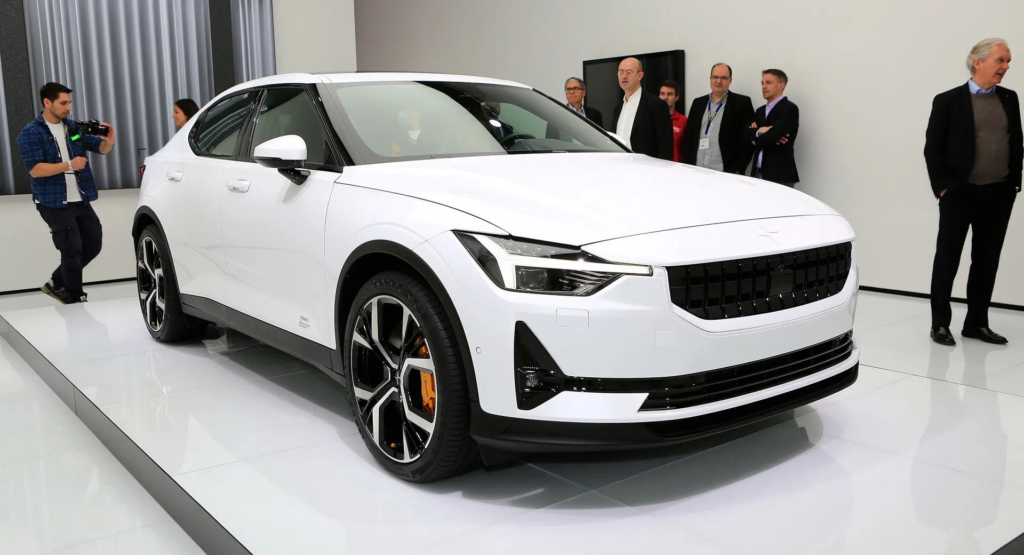
The $70,000 cad Polestar 2 EV produced by Volvo. In 2010, Geely Holding Group a Chinese automotive group bought Volvo.
Copilot AI
“As of now, the Chinese electric vehicle (EV) market is making strides globally, but in Canada, the landscape is still evolving: Tesla Model Y and Polestar 2: While not exclusively Chinese, the Tesla Model Y (which is produced in China) and the Polestar 2 (a subsidiary of Volvo, which has Chinese ownership) are currently the most prominent Chinese-made EVs available in Canada. These models have gained attention due to their performance, range, and brand reputation1.”
I examined some of the national security issues that have surfaced in the discussion surrounding supply chains for low-emissions energy technologies like EV batteries in my recent C.D. Howe Institute report.
After examining the various de-risking policies governments have implemented, including their downsides and unintended consequences, I conclude Ottawa probably should develop de-risking policies.
But it needs to apply them judiciously, prudently and rarely. And it needs to justify them with credible, detailed evidence regarding concerns about supply security and whether domestic industry really would be able to compete if market conditions were fairer. This will be important in upholding Canada’s reputation as a leading proponent of the rules-based multilateral system.
China’s role in the supply chains of low-emissions energy technologies does raise real security concerns. China has established near monopolies in several critical minerals and other components of EV batteries, solar panels and wind turbines. No ready alternatives are produced in other countries. For example, 79 percent of global production capacity of polysilicon, which is key for solar cell production, is in China. The next biggest producers, Germany and the United States, have difficulty competing with China’s high-quality, ultra-cheap polysilicon.
China’s monopolies create chokepoints that could enable its government to manipulate production to pursue its own geopolitical ambitions.
Precedents exist: China blocked rare-earth exports to Japan in 2010 and banned exports of rare-earth processing technology in 2023.
Several countries have started adopting de-risking policies to reduce their reliance on these Chinese chokepoints, usually either onshoring or friendshoring. Canada’s recent Critical Minerals Strategy is typical. It was designed in part to reduce this country’s dependence on foreign-mined and processed critical raw materials by, among other things, allocating $1.5 billion to support Canadian critical minerals projects related to advanced manufacturing, processing and recycling.
But these de-risking policies come at a cost.
Ottawa needs to carefully navigate a “policy trilemma” as it strives to formulate a policy agenda that simultaneously targets three goals: Advancing security, promoting low-emissions energy adoption, and capturing the benefits of trade for consumers and businesses.
Proposed steep tariffs on Chinese EV imports provide a good example of the trilemma.
They may well safeguard security by protecting a domestic production base. But they could discourage the uptake of EVs, which are already experiencing a slowdown in sales. Moreover, such unilateral action against China could escalate geopolitical tensions, thereby generating new risks, including Chinese retaliation. The path to effective de-risking is clearly fraught with trade-offs and requires careful navigation.
There is scant evidence that China is on its way to becoming a near-monopoly in global EV production itself, but it may seek to benefit from its near-monopoly in key inputs. The ultimate question that the government should answer is, therefore, whether the security concerns regarding these chokepoints, and more generally China’s willingness to compete fairly under these conditions, justify the costs and risks of higher tariffs. The burden on Ottawa is to provide concrete evidence to that effect before imposing an inherently costly tariff on Canadians.
Ari Van Assche is a professor of international business at HEC Montréal and Fellow-in-Residence at the C.D. Howe Institute.
